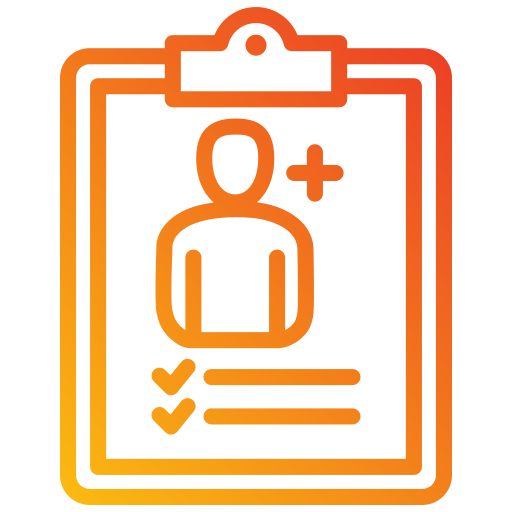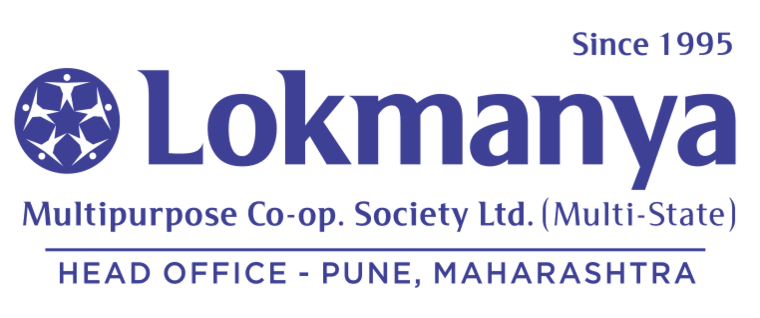Enquire Now

Enquire Now

Education Loan
An Education Loan is a type of loan specifically designed to help students finance their higher education and associated expenses. This loan covers a wide range of educational costs, including tuition fees, accommodation, books, study materials, and other related expenses. Education loans are available for courses at both domestic and international institutions, and they are offered to students pursuing undergraduate, postgraduate, or professional studies.
Education Loan Benefits

Avail high value loans
Education loans can cover a significant portion of your educational expenses, including tuition fees, accommodation, study materials, and travel costs. This means you can focus on your studies without worrying about financial constraints.


Attractive interest rates
Education loans often come with Attractive interest rates compared to other types of loans. Some loans may also offer interest rate subsidies for economically weaker sections or for female students.



Pre Admission Sanction
A pre-admission sanction for an education loan provides early financial security, allowing students and families to plan confidently for education expenses without last-minute stress.
Education Loan Features


Flexible Financing
Cover tuition fees, living costs, and more


Affordable Rates
Competitive interest rates for cost-effective borrowing


Wide Course Range
Available for various courses and institutions


Direct Disbursement
Funds disbursed directly to the institution


Collateral Options
Choose between Collateral and Non-Collateral Loans


Moratorium Period
Repayment starts after course completion
Education Loan Eligibility Criteria
Education loan eligibility criteria can vary depending on the country of study, the lender, and the type of loan you’re applying for. However in a general overview the factors that often influence education loan eligibility are:
Age: Most lenders have a minimum and maximum age requirement for loan applicants. Typically, you need to be of legal age (18 or older) to apply for a loan.
Course/Program Eligibility: Education loans are often tied to specific educational programs or courses. Lenders may have a list of eligible institutions and programs that qualify for loans.
Admission Offer: Many lenders require proof of admission to an eligible educational institution before approving a loan application.
Academic Performance: Some lenders might consider your academic performance as part of the eligibility criteria. This could include factors like your high school or previous education grades.
Co-borrower or Guarantor: If you have limited credit history or income, some lenders might require a co-borrower or guarantor (usually a parent or guardian) who will share the responsibility of repaying the loan if you are unable to do so.
Credit History: Student’s as well as their co-borrower/guarantor’s credit history and credit score can play a significant role in determining your eligibility for an education loan. A good credit history can improve your chances of approval and may lead to more favorable loan terms.
Income/Financial Ability: Some lenders may consider your ability to repay the loan based on your income or your co-borrower’s income.
Loan Amount: The loan amount you’re requesting in relation to the cost of the program might affect your eligibility. Lenders may have specific limits on the loan amount they are willing to offer.
Collateral or Security: In some cases, lenders might require collateral or security against the loan, especially for larger loan amounts. This could be in the form of property, investments, or other valuable assets.
Documentation: You will likely need to provide various documents as part of your loan application, such as proof of identity, proof of admission, income documents, and more.
Education Loan Documents Required
You will likely need to provide various documents as part of your loan application, such as proof of identity, proof of admission, income documents, and more for both Student as well as the Guarantor or co-borrower.
Student-Applicant:
- Proof of Identity (Any one): Pan/Adhar/Passports etc
- Proof of Residence/ Address (Any one): Passport mandatory in case of Studies Abroad
- Academic Records: 10th Result 812th Result, Graduation Result- Semester-wise (if applicable) Entrance Exam Result through which admission is being taken (e.g. CAT, CMAT, JEE, NEST, CET, GMAT, GRE, TOEFL, etc.)
- Proof of admission: Offer Letter or Admission Letter from the Institution. Conditional admission letter may be considered in case of studies abroad. Statement of cost of study/ Schedule of expenses College / Course prospectus (if available) 2 passport-size photographs A/C statement for last 1 year in case of any previous loan from other Banks/Lenders Education Loan Documents for Co-Applicant/ Financial Co-Applicant/ Guarantor
Co-applicanVGuarantor:
- Proof of Identity (Any one):
- Proof of Residence/ Address (Any one):
- 2 passport-size photographs
- A/C statement for last 1 year in case of any previous loan from other Banks/Lenders
Income Proof for Salaried Co-applicant/ Guarantor:
- Salary Slip or Salary Certificate
- Copy of Form 16 and IT Returns acknowledged by IT Dept.
- Bank account statement for last 6 months (of Salary Account)
FAQs
1. What is an education loan?
An education loan is a type of financial assistance provided by banks and financial institutions to help students pay for their education-related expenses, such as tuition fees, books, accommodation, and other education-related costs. These loans can be used for studying in-country or abroad, depending on the loan terms.
2. Who is eligible for an education loan?
Eligibility for an education loan typically depends on several factors, including:
- Nationality: The applicant should usually be a citizen or resident of the lending country.
- Age: Most lenders have an age limit, often between 18 and 35 years.
- Admission: The applicant must have secured admission to a recognized educational institution.
- Course Type: The loan must be for an eligible course, such as undergraduate, postgraduate, doctoral, or professional studies.
- Academic Performance: Good academic records can improve eligibility.
- Financial Background: A co-applicant, often a parent or guardian with a stable income and good credit history, may be required.
3. What expenses are covered under an education loan?
Education loans typically cover a wide range of expenses, including:
- Tuition fees and examination fees
- Accommodation and living expenses
- Cost of books, supplies, and equipment
- Travel expenses for studying abroad
- Insurance, laboratory, library, and other university fees
- Other educational expenses like thesis or project work
4. How much can I borrow with an education loan?
The amount you can borrow depends on several factors, including the lender’s policies, the cost of education, the course you plan to pursue, and whether you need to provide collateral. Loans can range from a few thousand to several lakhs or even more for international studies.
5. What is a moratorium period in an education loan?
The moratorium period, also known as the loan holiday period, is the time during which the borrower is not required to make any loan repayments. This period typically lasts until the end of the course and may extend up to 6-12 months after the completion of studies or until the student secures a job.
